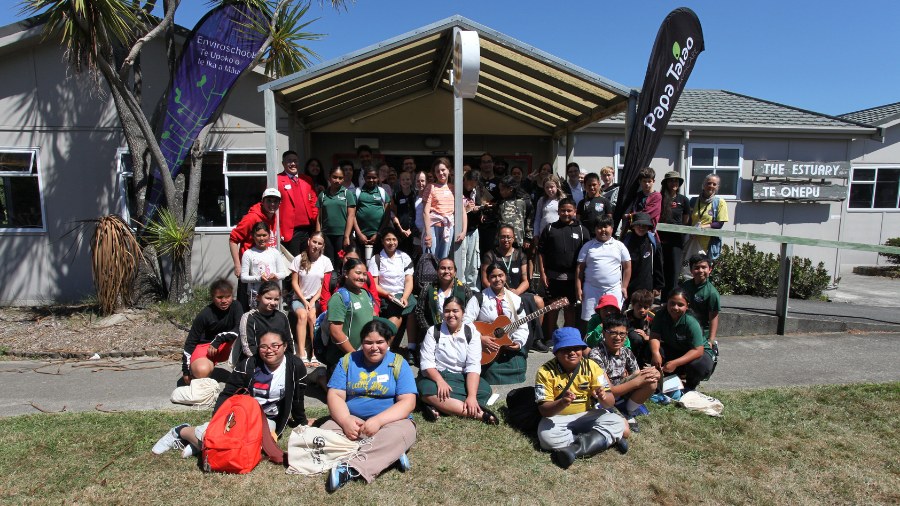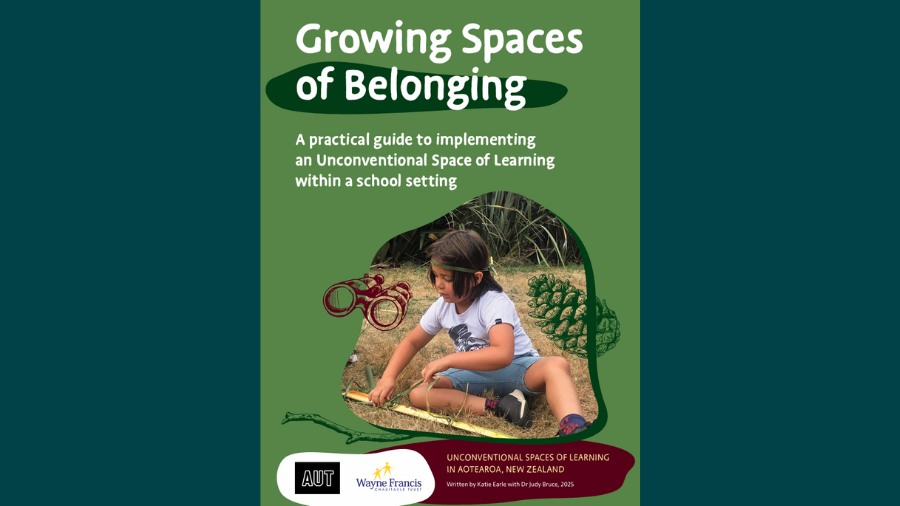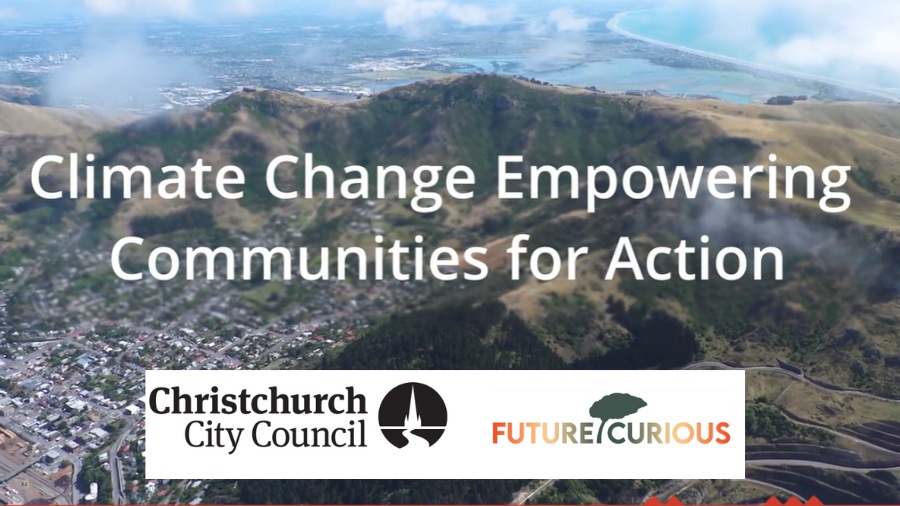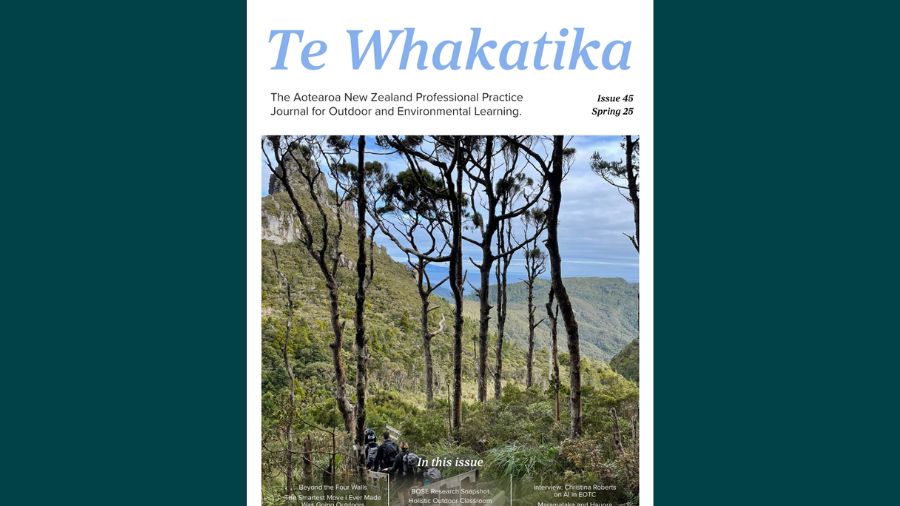Education for Sustainability empowers learning communities with the values, knowledges, and skills they need to take meaningful action to ensure a thriving world.
The Ministry of Education has recently moved the Education for Sustainability curriculum material to the new Tāhūrangi site. It provides the rationale for EfS, celebrates learner outcomes, discusses teaching pedagogies, and describes the ways in which EfS can inform a whole-school approach to creating a more sustainable world.
Education for Sustainability is a holistic and transformational lens through which the New Zealand Curriculum can be explored, providing a relevant foundation on which to build local curriculum in relationship with mana whenua and the natural environment.

The four areas that work together to create a sustainable school are place, people, practices, and programmes. These descriptors have been adapted from A framework for whole-school approaches to education for sustainability, Chris Eames, 2010.
Ākonga should be able to see that sustainability is part of the school-wide kaupapa, and the principles of Education for Sustainability are valued and supported by the entire learning community.
Leadership, operations, and the wider school community should be visibly engaged in sustainable practices and support effective teaching and learning within EfS.
Click on the link provided above to start exploring the content on Education for Sustainability.






